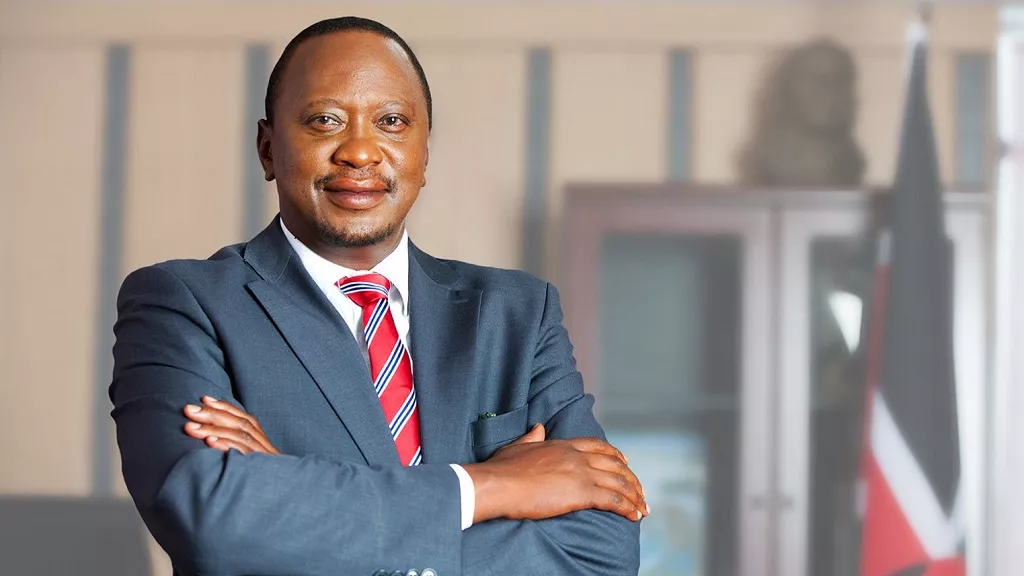Uhuru Muigai Kenyatta, the 4th President of Kenya, has a life story that reads like a compelling novel. With a family legacy deeply entrenched in the country's history and a personal journey marked by perseverance and dedication, President Kenyatta's life is a testament to his commitment to serving his nation. Here, we take a closer look at the key milestones in his life leading up to his presidency.
Early Life and Education:
Born on October 26, 1961, in Nairobi, Kenya, Uhuru Kenyatta is the son of Jomo Kenyatta, Kenya's first President, and Mama Ngina Kenyatta. His privileged upbringing allowed him access to quality education both in Kenya and abroad. He attended St. Mary's School in Nairobi and later pursued a degree in economics and political science at Amherst College in the United States.
Business Ventures:
Upon completing his studies, Kenyatta delved into business, a move that would later prepare him for a life in politics. He founded a diverse range of successful companies in the tourism, hospitality, and agriculture sectors. His entrepreneurial acumen and dedication to the private sector were evident in the growth of these businesses.
Entry into Politics:
Uhuru Kenyatta's journey into politics began with his appointment as the Chairman of the Kenya Tourism Board in 1999, demonstrating his commitment to public service. Subsequently, he was elected as the Member of Parliament for Gatundu South in 2002. His role in the formation of the National Alliance (TNA) party marked a pivotal moment in his political career.
Deputy Prime Minister and Ministerial Positions:
As Deputy Prime Minister and Minister of Finance, Trade, and Deputy Prime Minister in President Mwai Kibaki's government, Kenyatta's leadership skills came to the fore. His economic policies and focus on infrastructure development earned him a reputation as a leader with a vision for Kenya's growth.
ICC Trial and the Presidency:
However, the road to the presidency was not without its challenges. President Kenyatta faced accusations of crimes against humanity at the International Criminal Court (ICC) in The Hague, related to the post-election violence of 2007-2008. He cooperated with the court throughout the proceedings, ultimately leading to the cases against him being dropped.
In 2013, Uhuru Kenyatta made history by becoming the 4th President of Kenya, winning the election with a wide margin of votes. His leadership focused on economic growth, infrastructure development, and social programs. He was re-elected for a second term in 2017, further solidifying his commitment to the nation.
Legacy and Impact:
During his tenure as President, Kenyatta oversaw major infrastructure projects, including the Standard Gauge Railway and the expansion of the road network. His "Big Four Agenda" aimed to address critical issues such as affordable housing, universal healthcare, manufacturing, and food security. His legacy is marked by his dedication to uniting the nation and promoting economic development.
As Uhuru Kenyatta celebrates his birthday, his journey from a young man in Nairobi to the 4th President of Kenya stands as a testament to the possibilities that await those who are committed to serving their nation. His life story continues to inspire many, and his leadership has left a lasting impact on Kenya's future.
Looking Ahead:
Whether in politics, business, or humanitarian efforts, his journey remains an essential part of Kenya's rich tapestry, a story of a leader who rose to meet the challenges of his time.

